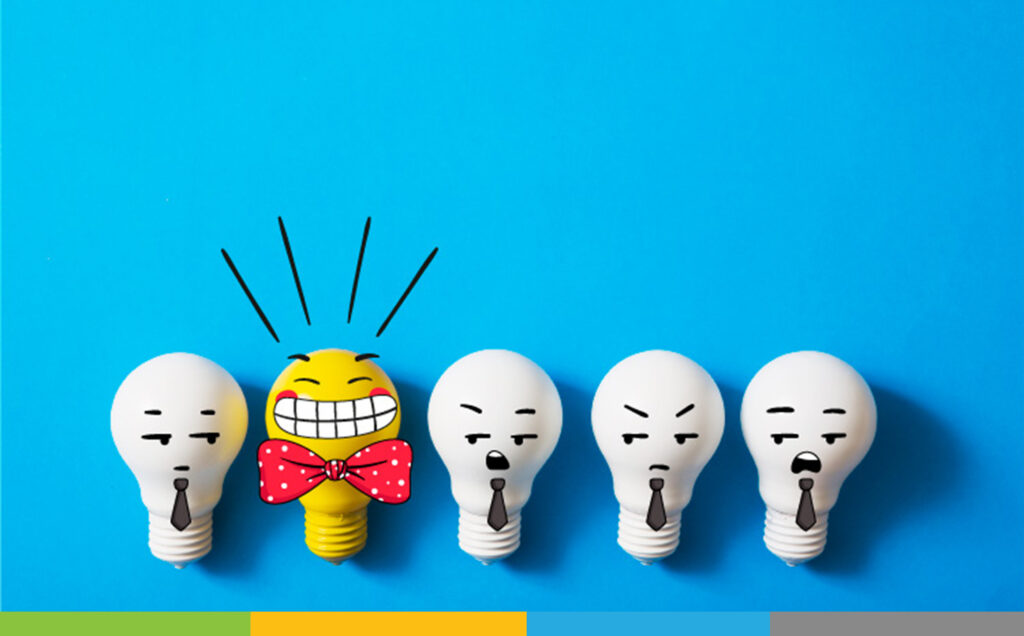In today’s interconnected world, emotional intelligence (EI) has become increasingly vital for personal growth, meaningful connections, and social success. By developing emotional intelligence skills, you can enhance your ability to understand yourself and others on a deeper level. In this blog post, we will explore the significance of EI and delve into practical ways to cultivate this essential skill set for self-improvement and stronger relationships.

1. Understanding Emotional Intelligence:
Emotional intelligence, often referred to as EI or EQ (Emotional Quotient), encompasses a set of skills that enable individuals to recognize, understand, and manage emotions—both in themselves and in others. By developing emotional intelligence, you can navigate social interactions with greater awareness and empathy.
2. Cultivating Self-Awareness:
Self-awareness is a cornerstone of emotional intelligence. It involves recognizing and understanding your own emotions, strengths, and areas for growth. Through self-reflection and introspection, you can develop a deeper understanding of your values, triggers, and personal goals. Self-awareness empowers you to make conscious choices aligned with your authentic self.
3. Empathy: Understanding Others' Perspectives:
Empathy is the ability to understand and share the feelings of others. By cultivating empathy, you can develop a greater sense of compassion and connection. Practise active listening and perspective-taking to step into someone else’s shoes. Empathy allows for deeper understanding and more meaningful interactions.
4. Developing Social Skills:
Social skills are crucial in building and maintaining relationships. They encompass effective communication, conflict resolution, and the ability to collaborate and cooperate with others. By honing your social skills, you can navigate various social contexts with confidence and build strong connections.
5. Enhancing Emotional Regulation:
Emotional regulation refers to the ability to manage and express emotions in a healthy and constructive manner. By developing emotional regulation skills, you can respond to challenging situations with resilience and maintain harmonious relationships. Techniques such as deep breathing exercises, mindfulness, and self-care can aid in regulating emotions.
6. Applying Emotional Intelligence for Self-Improvement:
Utilise emotional intelligence skills to foster personal growth and self-improvement. Regularly assess your emotions, thoughts, and behaviours, seeking areas where you can enhance your emotional intelligence. Practice self-compassion and embrace continuous learning. Emotional intelligence is a lifelong journey of growth and development.
Conclusion:
In conclusion, emotional intelligence skills are invaluable tools for understanding yourself and others better. By cultivating self-awareness, empathy, social skills, and emotional regulation, you can navigate relationships and social interactions with grace and understanding. At Strictly Social Africa, we believe in empowering the youth of Africa to develop their emotional intelligence, enabling them to lead fulfilling social lives and foster a more connected society.
Join Strictly Social Africa as we explore various topics related to culture, lifestyle, and personal development.
By developing your emotional intelligence skills, you can enhance your understanding of yourself, forge deeper connections with others, and embark on a journey of self-improvement. Remember, emotional intelligence is a powerful tool that contributes to personal and social growth. Start cultivating your emotional intelligence today and unlock its transformative potential.





